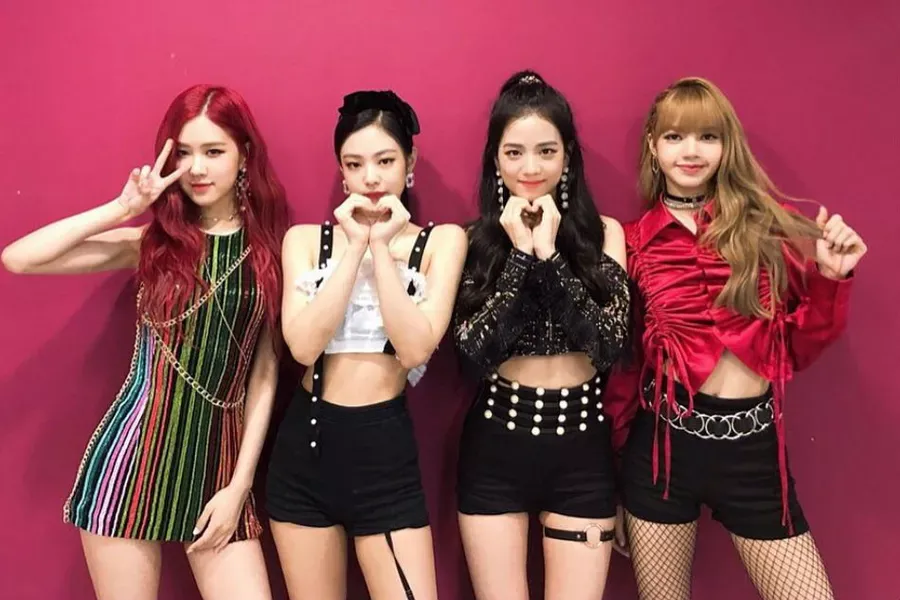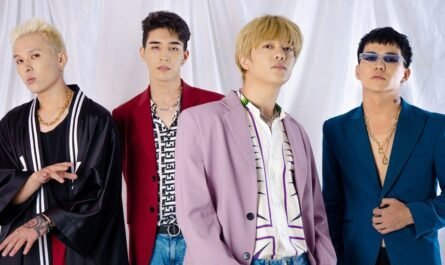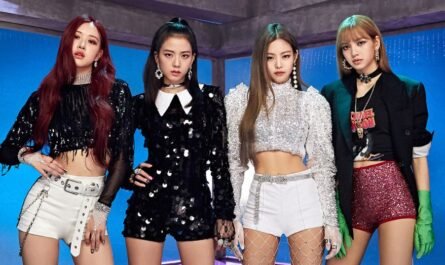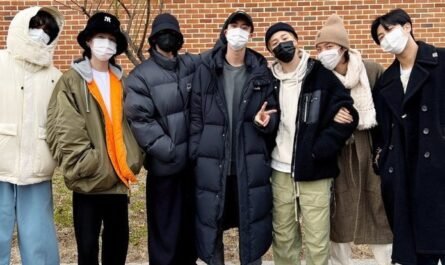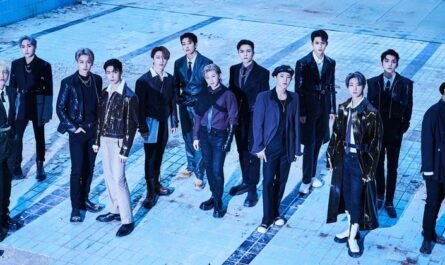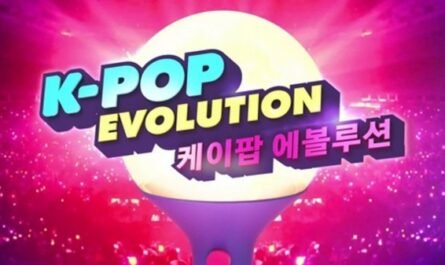What do TWICE’s Nayeon, Stray Kids, and Nmix have in common? It is said that they are idols under JYP Entertainment (from now on, referred to as JYP). In addition, the song they recently released is indirectly made with renewable energy produced by 14 solar power plants across the country. Enjoying their music is linked to ‘carbon reduction’ to cope with the climate crisis.
This explanation is possible because JYP recently implemented the Korean-style RE 100 for the first time in the K-pop industry. Area 100 is a campaign to ‘convert 100% of the electricity businesses use to renewable energy. Worldwide, 376 companies, including Apple and Google, have signed up. In the Korean campaign, companies can participate directly or indirectly, such as installing and investing in renewable energy power generation facilities on rooftops and parking lots or paying a “green premium” for renewable energy separately from electricity rates to the Korea Electric Power Corporation.
JYP participated in the campaign in May by purchasing a ‘renewable energy supply certificate’ (REC) equivalent to the amount of electricity (1393 MWh) used in 2021 at the headquarters building from a solar power plant. Yang Yeon-ho, a climate-energy campaigner at Greenpeace, said, “Although purchasing a certificate is an indirect method, it is helpful for the renewable energy power generation industry, such as enabling renewable energy power generation companies to generate stable profits and predict demand.”
K-pop singers with significant global influence have come forward to respond to climate change before. A representative example is Blackpink served as a public relations ambassador for the UN Climate Change Convention, and BTS announced Formula E (E), an electric vehicle racing competition. However, this is the first time that a K-pop company has taken an active role in taking active part in eco-friendly activities. To Hankyoreh asking about the background for participating in the campaign, JYP said, “While we were contemplating what we can do to realize carbon neutrality, we actively considered the transition to renewable energy and finally implemented ARIE 100.”
This decision was made in the hope that more people would know and participate in using renewable energy through the voluntary implementation of the ARI 100 by the entertainment company that gives a voice to the world.” The Korean campaign celebrated its first anniversary in February, with only 75 participating companies. When asked whether or not to implement the ARIE 100, JYP said, “We plan to continue implementing ARIE 100 in the future to respond to the climate crisis. In addition, we will continue our efforts in various areas to reduce greenhouse gas emissions.”
Not only environmental groups but also K-pop fans welcome JYP’s decision. “This is a bold step forward,” said Nurul Sarifa, a campaigner who founded K-Pop for Planet, an organization that urges the entertainment industry to respond to climate change. According to a survey conducted by this organization on K-pop fans last year, entertainment agencies were selected as the number one (95.6%) actors who will lead changes in the K-pop market in response to the climate crisis. It was followed by fandom (59.4%) and artists (39.5%). “Fans want more eco-friendly options for related products, albums, and concerts,” said Nuha Izatunisa, a K-Pop 4 Planet campaigner.
Thanks to the voices of K-pop fans who wish for changes in the industry, the tide is slowly opening up. In November of last year, K-Pop for Planet delivered a statement urging significant agencies such as JYP, SM, YG, and HYBE to take action on climate action and more than 10,000 signatures. None of these agencies gave an official answer, but YG and SM showed eco-friendly material albums. In January, IST Entertainment released the third single album of their idol group Victon as a ‘platform album’ without the CD. Hive appointed Lee Mi-Kyung, CEO of the Environment Foundation, as an outside director in March, and SM is strengthening ESG management by joining the UN Global Compact on the 5th.
There is still a long way to go. Yang Yeon-ho, a climate-energy campaigner at Greenpeace, said, “It is positive that enterprising companies are paying attention to climate and environmental issues and showing their will to change. “For example, there are places that advertise that ‘biodegradable plastic is used in the album,’ but in our country’s waste management system, where more than half of the garbage thrown in the volume-based bag is incinerated, it is not possible to recycle it through separate discharge rather than biodegradable plastic.
“The environment should use plastic that can be used,” he said. For an ‘eco-friendly material album’ to be truly eco-friendly, it is necessary to consider the entire process of disposing of the album. Nuha Izatunisa, K-Pop 4 Planet campaigner, also said, “JYP released products using eco-friendly materials under the name of ‘Green Project’ before the AI 100. induced It is difficult to avoid criticism of ‘green washing,'” he said.
K-Pop for Planet and environmental groups all agreed that entertainment companies should take more active action. Da-Yeon Lee, a K-Pop 4 Planet campaigner, said, “It is positive that JYP raised the topic of participating in the AR 100 for the first time in the industry, but it does not seem to have reached the level expected by K-pop fans. It is not just a campaign, but it is necessary to devise a specific execution goal and plan for when and how it will be implemented.” Greenpeace campaigner Yang Yeon-ho also said, “Last year, the world’s top three record labels, such as Sony Music Group, Universal Music Group, and Warner Music Group, disclosed their carbon emissions annually to achieve carbon neutrality in 2050 and publish detailed progress online.
It was included in the climate agreement. As K-pop’s status has risen to a global position, the domestic entertainment industry must take responsibility and join the global music industry’s efforts to reduce greenhouse gas emissions.”

